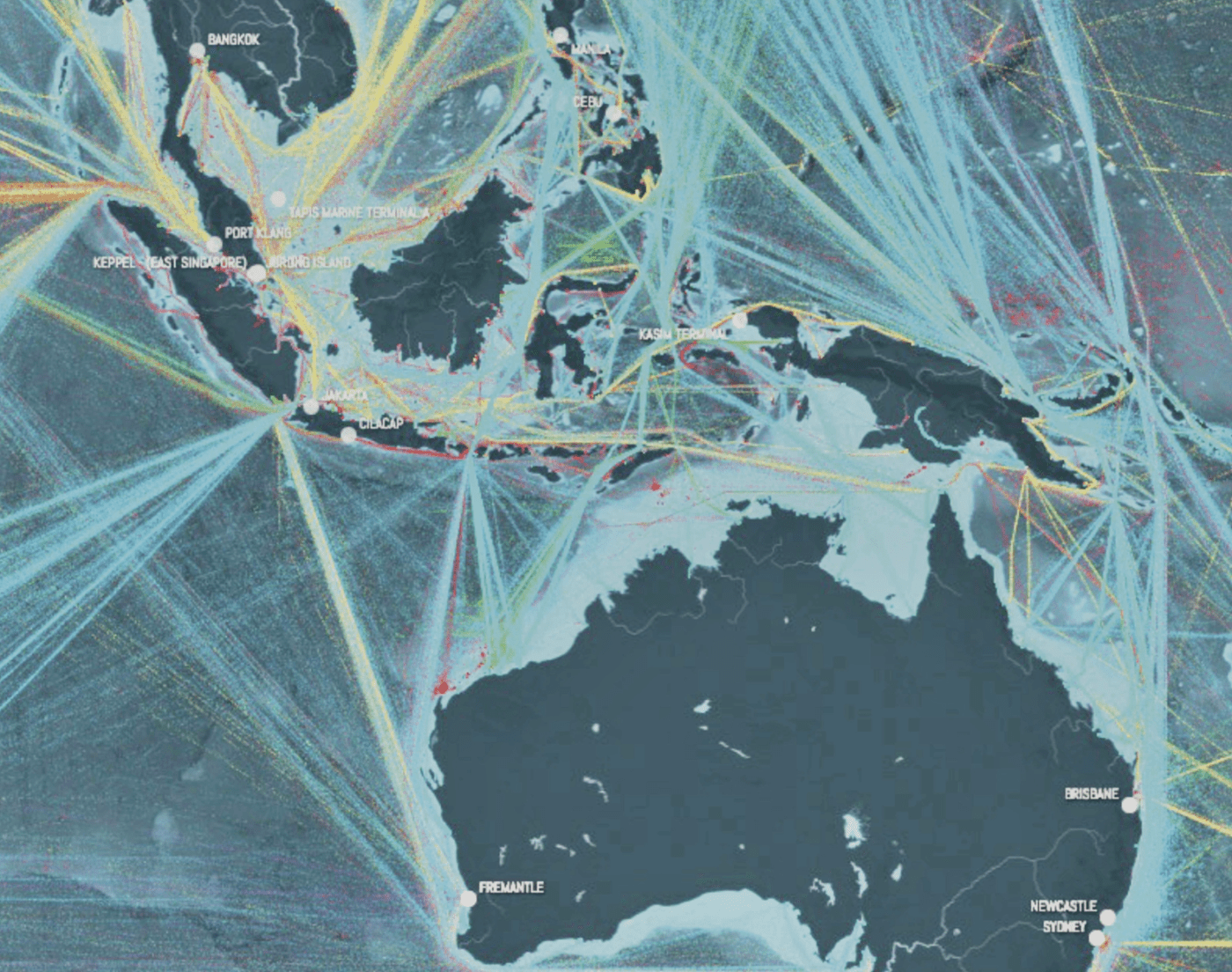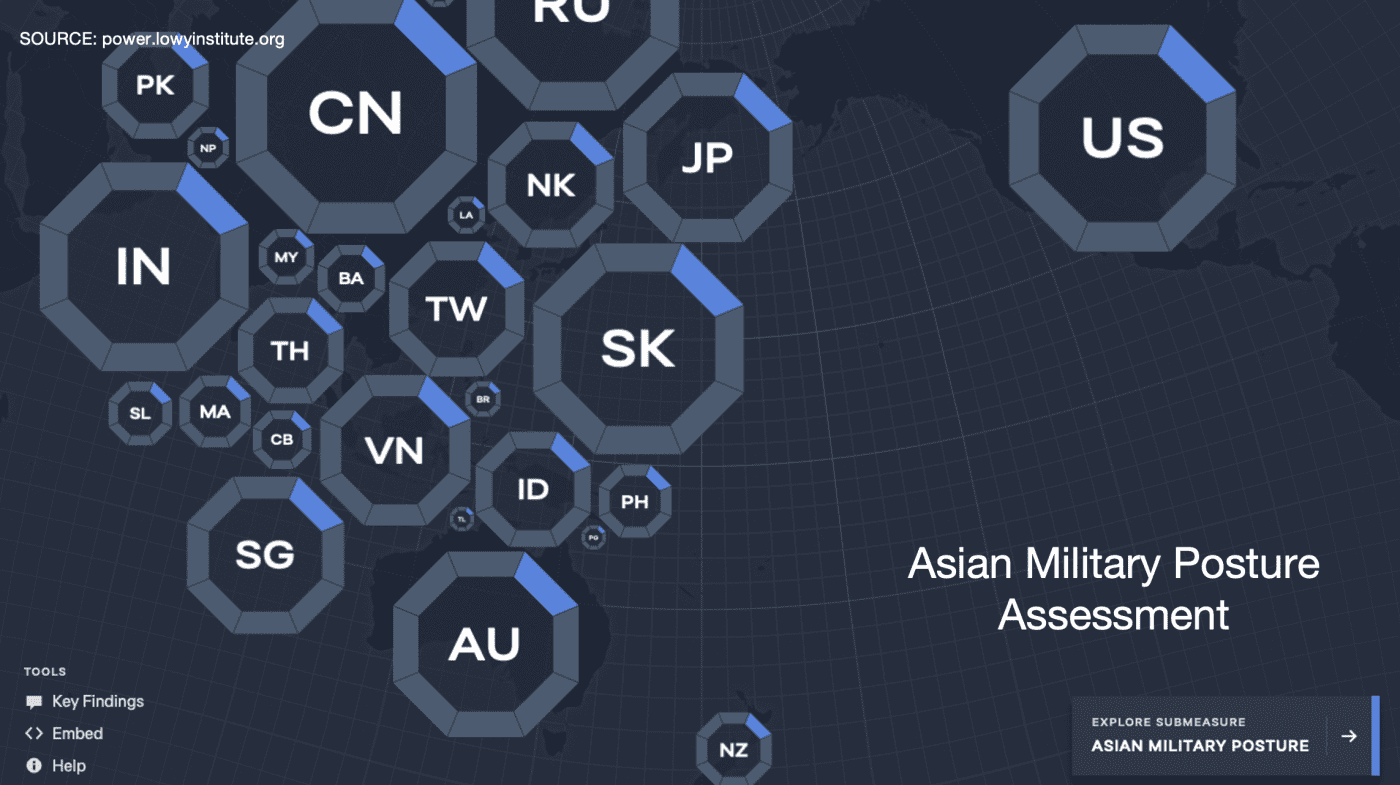A former federal government advisor has delivered a stark warning to Australia’s transport and agricultural sectors: the nation’s food security—and by extension, its national security—is far more fragile than many people realise.
 Addressing the National Rural Carriers Convention in Canberra last Friday, Andrew Henderson, principle of AgSecure and former SafeMeat Advisory Group chair, warned that rising global tensions, especially in the Indo-Pacific, expose Australia to unprecedented risks around fuel and food security.
Addressing the National Rural Carriers Convention in Canberra last Friday, Andrew Henderson, principle of AgSecure and former SafeMeat Advisory Group chair, warned that rising global tensions, especially in the Indo-Pacific, expose Australia to unprecedented risks around fuel and food security.
His speech foreshadowed this week’s release of the National Food Security Preparedness Green Paper, a new report developed in partnership with the Australian Strategic Policy Institute (ASPI).
The assumption that Australia will always be food secure is “a dangerous fantasy”, Mr Henderson warned.
Central to his address was a critical but largely overlooked or ignored issue in Australia: fuel security.
Just a few suburbs away from the Canberra racecourse event where more than 400 livestock transporters from around Australia were focusing on issues of importance to their industry’s future, Defence and National Security organisations are also preparing the future, Mr Henderson noted.
But the future they are preparing for “is vastly different” to the one most of us might be thinking about or preparing for, he said.
“They’re preparing for conflict in what they call the most geo-strategically important region in the world, where 90 percent of our liquid fuels are imported through – the Indo Pacific.
“Now this region is so crucial because 60 percent of global trade by volume passes through that region and it’s all about Australia’s connectedness to the world.
“Now something like 90pc of the freight that comes and goes from this country, into this country, including all of the critical inputs that we require to do business every day comes on ships.
“Ships that we don’t own, through the most contested geopolitical region in the world.”
The above slide, created with data from the Lowy Institute, tells you why the Defence and National Security world is so concerned about potential conflict erupting in the Indo Pacific.
It depicts the assessed military posture of all countries throughout the region.
“This is the same region that 90 plus percent of Australia’s liquid fuels pass through, given we refined very little in this country.
“If something goes down in that particular region, then we’re all in trouble.”
Food Security = National Security
While Australia prides itself on being a food-exporting nation, Mr Henderson noted that agricultural production is heavily dependent on imported inputs—everything from liquid fuels and fertilisers to machinery parts and chemicals.
Australia has the ability to feed 70 to 80 million people around the world, but only because it can import the critical inputs it needs to produce and distribute food, he said.
Australia had also become very good at “admiring” problems – no less than 18 different bodies of work touching on the need to shore up food security over the past decade or so – but not very good at doing something about it.
The Green Paper aims to help fill that gap by urging government and industry to elevate food and agriculture to the same level of national importance as defence.
“Food is as important to national security as ships, tanks, and submarines,” Mr Henderson said.
The Green Paper was developed with input from over 20 national industry bodies including the Australian Livestock and Rural Transporters Association (ALRTA).
It outlines a blueprint for securing Australia’s food system.
A key issue he identified is the “siloed nature” of food system governance in Australia.
Responsibility for food is not just the domain of the Department of Agriculture but cuts across 11 different portfolio agencies of government.
“You guys would be familiar with having to deal with multiple regulators… imagine dealing with 11 portfolio agencies just across the Commonwealth government alone, before you even get into the States.”
Mr Henderson welcomed Federal Agriculture Minister Julie Collins’ recent announcement of a National Food Security Strategy but warned that time was running out.
“They tell us it will take a year or maybe two years to deliver an outcome.
“It’s one thing to deliver a strategy, but it’s another thing to deliver action that sits in behind it.”
Also of concern, most Government reports assume there will be a 10-year strategic warning time for conflict in the Indo Pacific.
However, the National Defence Strategey, released in 2024, tells us that we a 10-year warning time is no longer a safe assumption.
“In fact conflict could go down in the Indo-Pacific much, much sooner than that.
“So our argument is that we don’t have one to two years to develop a national food security strategy.
“We actually need to get moving right now.
“That’s what this green paper has been all about.”
The Green Paper also reinforces the importance of thinking in terms of a “Food Security Ecosystem” taking account of the interdependencies between agriculture, transport, energy, and infrastructure to ensure our ability to grow, produce, manufacture and distribute food can continue in a disrupted environment, whatever the cause.
He emphasised that resilience must be built now, not after a crisis has exposed Australia’s vulnerabilities.
He said Australia had to stop taking agriculture and food being taken for granted, and “bust this assumption” that will always be food secure because we are a net exporter of food”.
The central challenge is securing critical inputs.
“We need to make sure that our ports infrastructure all the way back down the line to rail and road is sufficient to make sure that our growing capabilities are secure, to make sure our critical inputs – phosphates, glyphosates, liquid fuels – are as secure as they need to be to make sure that we are able to withstand coercion.
“We need to start a conversation with the senior decision makers across government and industry to make sure that we build preparedness and resilience into our ability to be able to withstand the type of future that our defence force and national security agencies are trying to prepare us for.”
The National Food Security Preparedness Green Paper was officially released on Monday – click here to download.



After so many warnings over the last decade, hopefully the Henderson speech, the ASPI Green Paper, and the various Defence and National Security organisations, are collectively able to motivate the next government to go up about three gears on the security of our food, fuel, data, critical resources, trade routes etc.
Few Australians realise the ease with which this country could be shut down. by an aggressive nation which wants to keep us fully occupied with internal strife (eg no phones, internet, financial transactions and failing power), while it pursues it’s expansionist agenda.
Why is Australia discussing these matters now? The need for this thinking was obvious 20 years ago to all except the lobotomised. Sadly, when statesmen are replaced by avaricious politicians, proactive thinking and planning becomes extinct.
Spot on Phil. The weaker the leadership the more at risk we become.
Well done Andrew Henderson. There sure is a bit more to this than just keeping you diesel tanks topped up and a few more tins in the pantry.